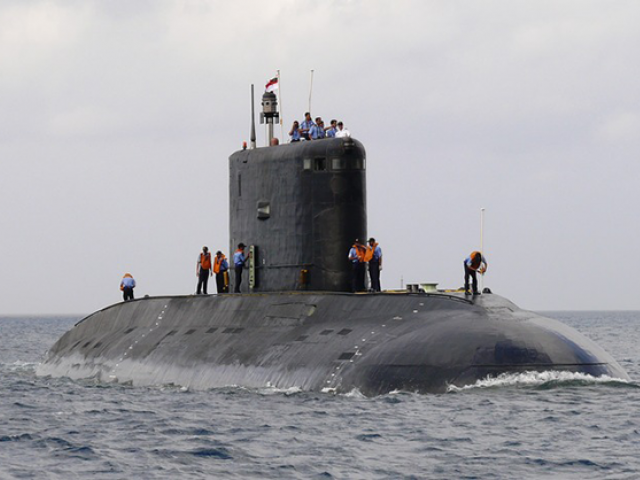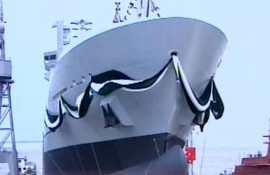
“The doctrine will provide contextual clarity to all stakeholders and observers of maritime developments, besides developing coherence, uniformity of thought and action within navy,” Commander (retd) Muhammad Azam Khan, a senior research fellow at the Pakistan Navy War College, said on Monday.
He was delivering a talk on the proposed ‘Maritime Doctrine of Pakistan’ at the Center for International Strategic Studies (CISS), an Islamabad-based think tank, says a press release.

The talk was followed by a discussion aimed at developing an in-depth understanding of the contours of maritime doctrine in light of the evolving threat matrix and the maritime environment in the region.
Azam said that the doctrine flows from the maritime, military, nuclear and naval strategies of the national security policy.
He opined that with the shifting of the global economic centre of gravity from the Atlantic to the Asia-Pacific, the oceans would become a medium for employment of strategic coercion and deterrence.
Nuclearisation of Indian Ocean by India, which earlier this year conducted tests of submarine-based K4 ballistic missiles, is one of the major concerns for Pakistan. This is expected to affect the maritime security of all the 32 Indian Ocean littoral states.
Commander Azam was of the view that the matrix of conflict employed by the draft doctrine uses peace or uneasy peace at one extreme and war at the other.

It also envisages protection of shipping and commercial interests and addressing issues like climate change and the rise of sea level.
Former Naval Chief Admiral Asif Sandila spoke about sea-blindness in the doctrinal thinking that requires special attention on the development of an assured second-strike capability and the increasing need for cooperative mechanisms as a tool for crisis management.
Executive Director of the institute and former ambassador Ali Sarwar Naqvi stated that “The evolving strategic environment in the region requires Pakistan Navy to develop a balanced mix of capabilities to rise up to the challenge.”
Published in The Express Tribune, September 6th, 2016.

















1714107664-0/putinfar-(1)1714107664-0-270x192.webp)














1714024018-0/ModiLara-(1)1714024018-0-270x192.webp)






COMMENTS (2)
Comments are moderated and generally will be posted if they are on-topic and not abusive.
For more information, please see our Comments FAQ